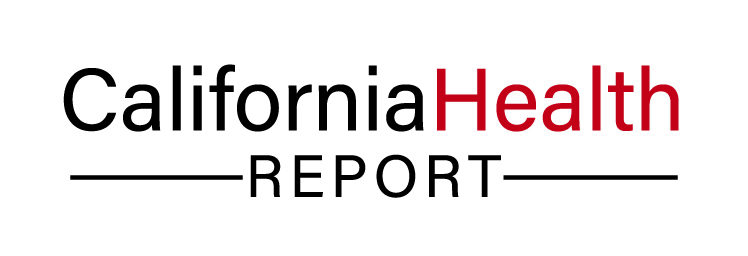
When the state decided to transition low-income kids from state-subsidized private insurance — known as Healthy Families –to the state-run Medi-Cal program, families of children with autism were promised that their kids’ treatment would not suffer. But those families soon learned that one especially promising (but expensive) form of treatment was not going to be covered by Medi-Cal.
Since then, those families and other supporters of autism treatment have been lobbying the Legislature to require Medi-Cal to cover the treatment, known as Applied Behavior Analysis. State senators added $50 million to the proposed budget to pay for the treatment for the coming year. But the latest version of the budget approved by budget-writing conference committee deleted that money.
The cut was especially hard to take because state regulators and the Legislature had already required private insurance companies to cover the therapy as part of their mental health benefits. So the state won’t do what it says the private sector must do.
“Particularly at a time when the state’s fiscal outlook is improving, it is unjust to pass a budget that continues to deprive children of medically necessary care and causes serious harm to children with autism and their families,” Jamila Iris Edwards, Northern California Director of Children’s Defense Fund-California, said in a statement e-mailed to reporters. “The State has broken its promise that no child would lose access to critical health care in the Healthy Families transition.”
Kristin Jacobson, President and Co-Founder of Autism Deserves Equal Coverage, noted that the state, in emergency regulations adopted last year, cited “imminent, serious, and irreparable harm to the public” if the services were not available to children with Autism Spectrum Disorders.
” Less than a year later, how can the Administration allow these children and others in Medi-Cal to be exposed to the same irreparable harm?” she asked.
Some children will be able to receive the ABA therapy through regional centers for the developmentally disabled. But advocates say slots in those programs are limited and many children will not be able to get the services they need.





